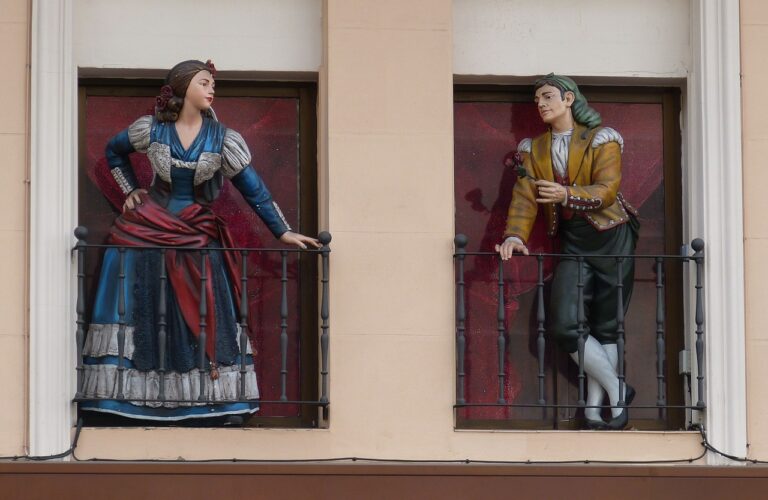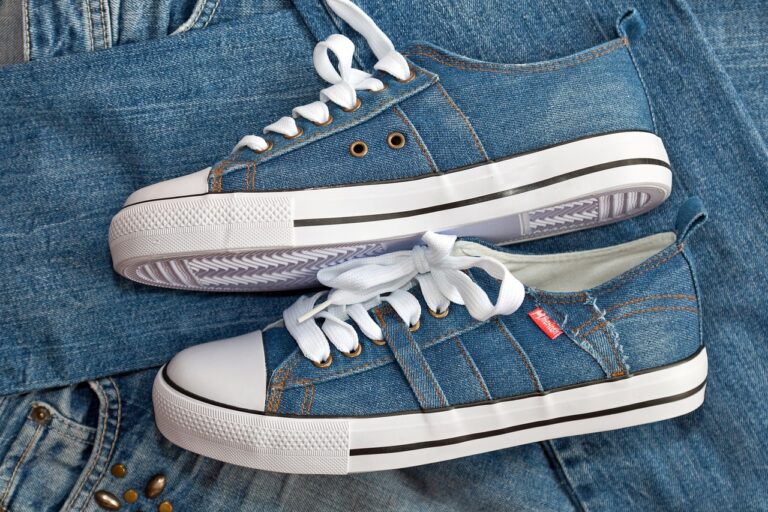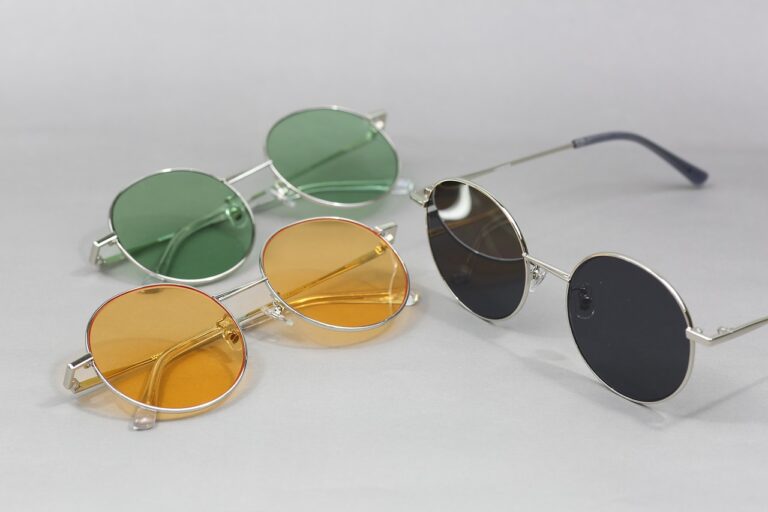Fashion Retailers’ Role in Promoting Sustainable Urban Planning Policies: 99 exchange login, Laser 247 deposit number, Yolo247 apk login
99 exchange login, laser 247 deposit number, yolo247 apk login: Fashion Retailers’ Role in Promoting Sustainable Urban Planning Policies
In today’s fast-paced world, the fashion industry plays a significant role in shaping urban landscapes. From creating vibrant shopping districts to influencing consumer behavior, fashion retailers have the power to impact how cities are designed and developed. As more people move to urban centers, it is crucial for retailers to prioritize sustainability and contribute positively to the environment.
Sustainable urban planning policies focus on creating cities that are environmentally friendly, socially inclusive, and economically viable. By promoting these policies, fashion retailers can help reduce their carbon footprint, support local communities, and drive innovation in the industry. Here’s how fashion retailers can play a pivotal role in promoting sustainable urban planning policies:
1. Sustainable Fashion Practices: One of the most effective ways for fashion retailers to support sustainable urban planning is by adopting eco-friendly practices within their operations. This can include using sustainable materials, reducing waste, and implementing ethical production processes. By leading by example, retailers can inspire other businesses to follow suit and create a more sustainable industry.
2. Collaboration with Urban Planners: Fashion retailers can collaborate with urban planners to create shopping districts that are pedestrian-friendly, green spaces, and promote public transportation. By working together, retailers and planners can design urban areas that are both aesthetically pleasing and environmentally sustainable. This cooperation can lead to the development of mixed-use spaces that benefit both retailers and the community at large.
3. Supporting Local Communities: Fashion retailers have the opportunity to support local communities by sourcing products from local artisans, partnering with non-profit organizations, and investing in sustainable development projects. By engaging with the community, retailers can build trust and loyalty among consumers while contributing to the overall well-being of the city.
4. Education and Awareness: Fashion retailers can also play a role in educating consumers about sustainable fashion practices and the importance of supporting sustainable urban planning policies. By raising awareness through marketing campaigns, events, and social media, retailers can encourage consumers to make more informed choices and support businesses that prioritize sustainability.
5. Policy Advocacy: Fashion retailers can advocate for policies that promote sustainable urban planning at the local, national, and international levels. By engaging with policymakers, retailers can influence decisions that impact urban development, infrastructure, and environmental protection. This advocacy can lead to the creation of regulations that support sustainable practices and incentivize businesses to operate in a more environmentally friendly manner.
6. Innovation and Technology: Fashion retailers can drive innovation in the industry by investing in sustainable technologies and practices. This can include using renewable energy sources, implementing circular economy models, and adopting eco-friendly packaging solutions. By embracing innovation, retailers can reduce their environmental impact and lead the way towards a more sustainable future.
In conclusion, fashion retailers have a crucial role to play in promoting sustainable urban planning policies. By adopting sustainable practices, collaborating with urban planners, supporting local communities, educating consumers, advocating for policy changes, and embracing innovation, retailers can contribute to creating cities that are environmentally friendly, socially inclusive, and economically viable.
FAQs:
Q: How can fashion retailers reduce their carbon footprint?
A: Fashion retailers can reduce their carbon footprint by using sustainable materials, reducing waste, and implementing ethical production processes.
Q: Why is collaboration with urban planners important for fashion retailers?
A: Collaboration with urban planners is important for fashion retailers to create urban areas that are both aesthetically pleasing and environmentally sustainable.
Q: How can fashion retailers support local communities?
A: Fashion retailers can support local communities by sourcing products from local artisans, partnering with non-profit organizations, and investing in sustainable development projects.
Q: What is the role of policy advocacy for fashion retailers?
A: Fashion retailers can advocate for policies that promote sustainable urban planning at the local, national, and international levels to influence decisions that impact urban development and environmental protection.







